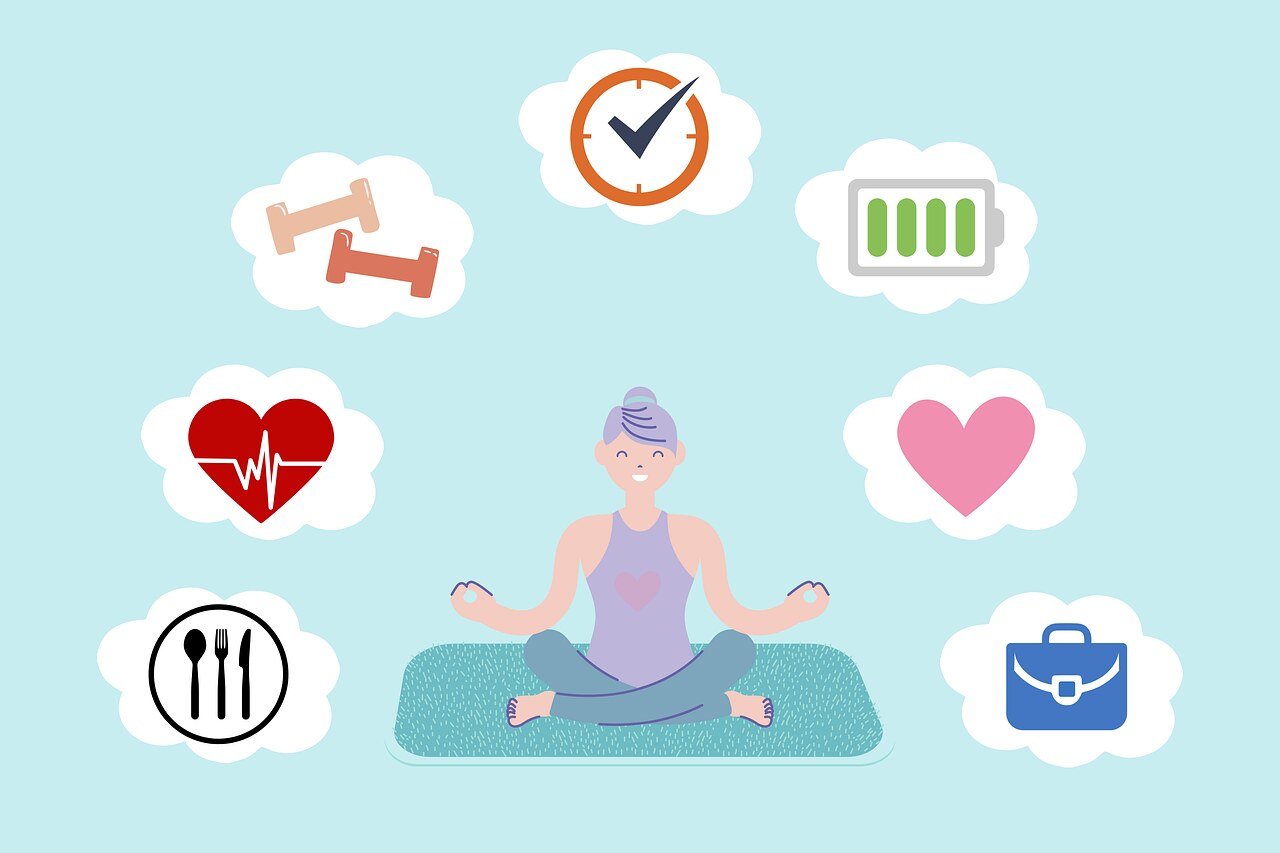Understanding the Importance of Your Mental State
Your mental health plays a pivotal role in shaping every aspect of your life. Everyone has the potential for balanced thinking and healthy behavior, and maintaining this equilibrium leads to improved confidence and well-being. However, challenges with mental health can alter your perspective and impact your daily life.
Therapy has long been a trusted method to address such challenges and achieve personal growth. For individuals unable to attend in-person sessions, advancements in technology have made online cognitive therapy a practical and accessible solution. Through video or audio platforms, therapy has become more convenient, flexible, and inclusive than ever.
What Is Online Cognitive Therapy?
Online cognitive therapy is a modern approach to addressing mental health concerns. It leverages cognitive behavioral therapy (CBT) principles, delivered through virtual platforms, to help individuals manage stress, anxiety, depression, and more. Patients receive professional support to analyze their thoughts, recognize patterns, and develop healthier coping mechanisms.
Key Features of Online Cognitive Therapy:
- Convenient Access: Participate in therapy sessions from the comfort of your home, at a time that suits your schedule.
- Privacy and Anonymity: Maintain confidentiality, particularly beneficial for individuals hesitant to attend face-to-face sessions.
- Expert Guidance: Licensed professionals guide patients through tailored techniques to address specific mental health concerns.
How Online CBT Therapy Works
CBT sessions typically involve structured interactions between the patient and therapist. Here’s how they unfold in an online format:
- Initial Assessment: Patients complete a detailed questionnaire outlining their mental health concerns, goals, and preferences.
- Personalized Plan: Based on the assessment, therapists develop a customized treatment strategy.
- Therapeutic Techniques: Through video calls, audio chats, or text-based communication, therapists introduce CBT strategies like thought analysis, stress management exercises, and problem-solving frameworks.
- Progress Tracking: Regular sessions allow therapists to monitor improvements, refine approaches, and ensure effective outcomes.
Benefits of Online Cognitive Therapy for Mental Health
The advantages of online cognitive therapy extend far beyond convenience. This approach is designed to provide comprehensive support for diverse patient needs. Here are the main benefits:
1. Accessibility
- Available to anyone with an internet connection, eliminating geographical barriers.
- Ideal for individuals with mobility challenges or those in remote locations.
2. Flexibility
- Schedule sessions around work, family, or other commitments.
- Options for evening or weekend appointments ensure greater convenience.
3. Cost-Effectiveness
- Online therapy is often more affordable than in-person sessions.
- Patients save on travel time and expenses.
4. Comfort and Anonymity
- Engage in therapy from a safe, familiar environment.
- Particularly helpful for those with social anxiety or privacy concerns.
Finding the Right Online Cognitive Therapist
When seeking a therapist, several resources can guide you to the right professional:
- Online Directories: Explore therapist listings on reputable platforms. Many include reviews, qualifications, and specialization details.
- Doctor’s Referrals: Consult your primary care provider for recommendations.
- Insurance Networks: Check for therapists covered under your plan to minimize costs.
- Mental Health Platforms: Popular platforms like BetterHelp and Talkspace offer easy access to licensed professionals.
Combining Online Therapy with Other Mental Health Solutions
To maximize the benefits of online cognitive therapy, consider integrating it with additional strategies:
1. Medication
- If prescribed by a healthcare professional, medication can complement therapy.
- It helps manage symptoms like anxiety or chronic stress.
2. Holistic Practices
- Engage in mindfulness exercises, breathing techniques, and physical activities.
- These practices improve focus, reduce stress, and enhance overall well-being.
3. Support Groups
- Join group therapy sessions for shared experiences and mutual encouragement.
- Connecting with others fosters a sense of belonging and support.
4. Lifestyle Adjustments
- Prioritize healthy eating, regular exercise, and sufficient sleep.
- A balanced lifestyle reinforces the positive effects of therapy.
Success Stories: The Impact of Online Cognitive Therapy
Numerous individuals have experienced life-changing outcomes through online cognitive therapy. For example:
- Case Study: College students struggling with depression and cognitive dysfunction reported significant improvements after regular CBT sessions. Therapy helped them reduce anxiety, boost self-confidence, and better manage academic stress.
These examples highlight how online cognitive therapy has become a cornerstone of modern mental health care, offering practical solutions for diverse challenges.
Embrace Better Mental Health with Online Cognitive Therapy
Online cognitive therapy is transforming mental health care by making it more accessible, flexible, and effective. Whether you’re seeking support for stress, anxiety, or other challenges, this innovative approach ensures you receive the care you need, when and where you need it. Start your journey toward mental well-being today by exploring online therapy options tailored to your needs.


